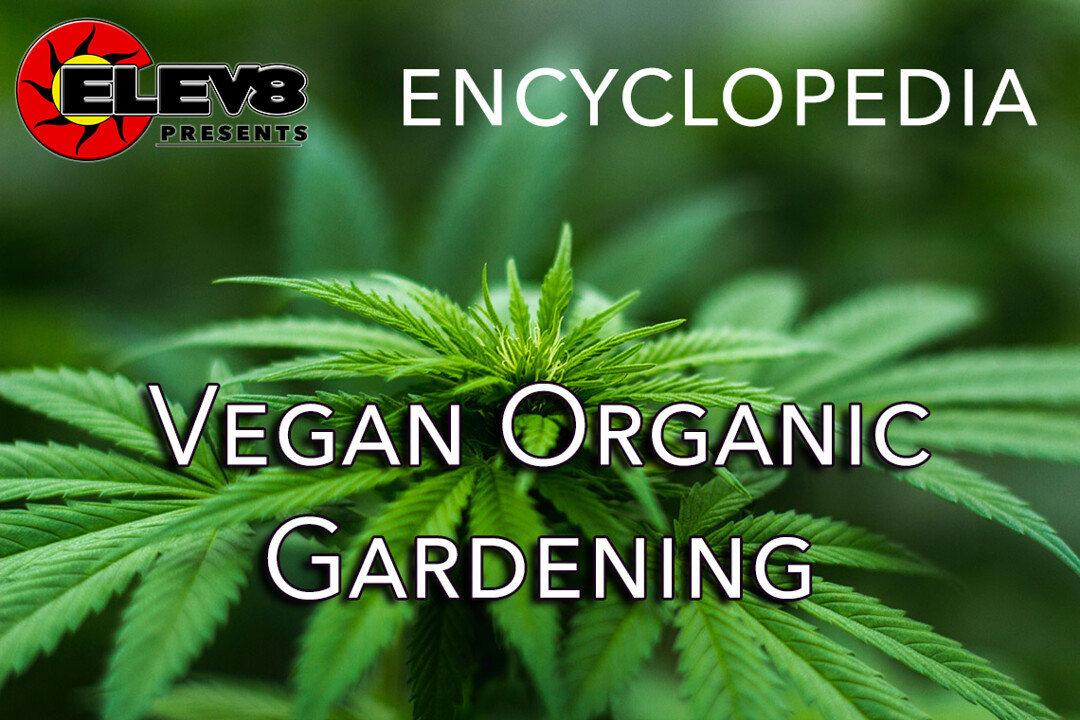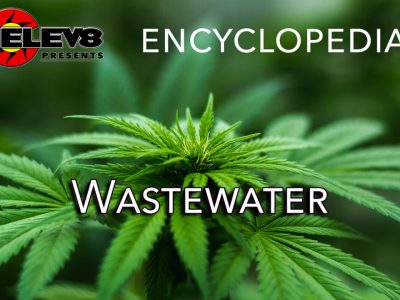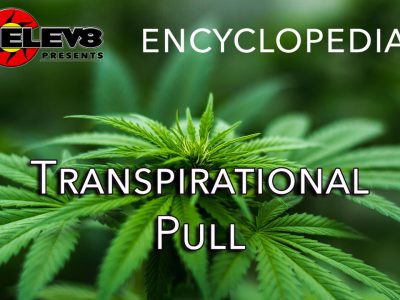What does Vegan Organic Gardening mean?
Vegan organic farming is a gardening technique that does not involve the use of any animal-derived products or inputs. The crops that result from vegan organic farming are said to be safe for vegans to consume because they are said to be truly vegan crops.
Vegan organic farming can also be referred to as vegan organic gardening. The word ‘veganic’ is also becoming common place in vegan circles to refer to plant nutrients and inputs that are deemed suitable for vegan organic farming.
Veganic plant nutrients exclude the presence of blood meal, fish products, bone meal, cow manure, chicken manure, or any other product derived from animals.
More Info On Vegan Organic Gardening
The vegan organic farming method is a unique system that was developed by Rosa Dalziell O’Brien, Kenneth Dalziel O’Brien, and May E. Bruce, who all felt it a contradiction to be eating vegan food that was produced using animal products. As a result, they set out to create farming practices that do not rely on animal-based fertilizers and therefore produce an authentic and true vegan product.
The methods they developed include using no animal products or by-products in their gardens, examples of which include blood meal, fish products, bone meal, cow manure, or any other product derived from animals.
The vegan organic farmer views the use of these products as either causing harm to animals directly, or condoning the exploitation and suffering of animals. Although these gardening methods may be considered extreme, to the vegan organic farmer, the extra work involved in growing vegan is offset by their principles regarding the treatment of animals.
The vegan organic grower emphasizes non-animal products such as composted leaves and the fact that a plant’s root zone’s natural tendency is to keep nearer the soil’s surface when deprived of light. Vegan farming also requires a natural buildup of decaying plant material in order to increase the humus and the fertility of the soil.
The vegan organic grower also relies on heavy straw mulch to increase the heat of the garden mound, which speeds up the decomposition process and provides more organic matter to improve the soil.







